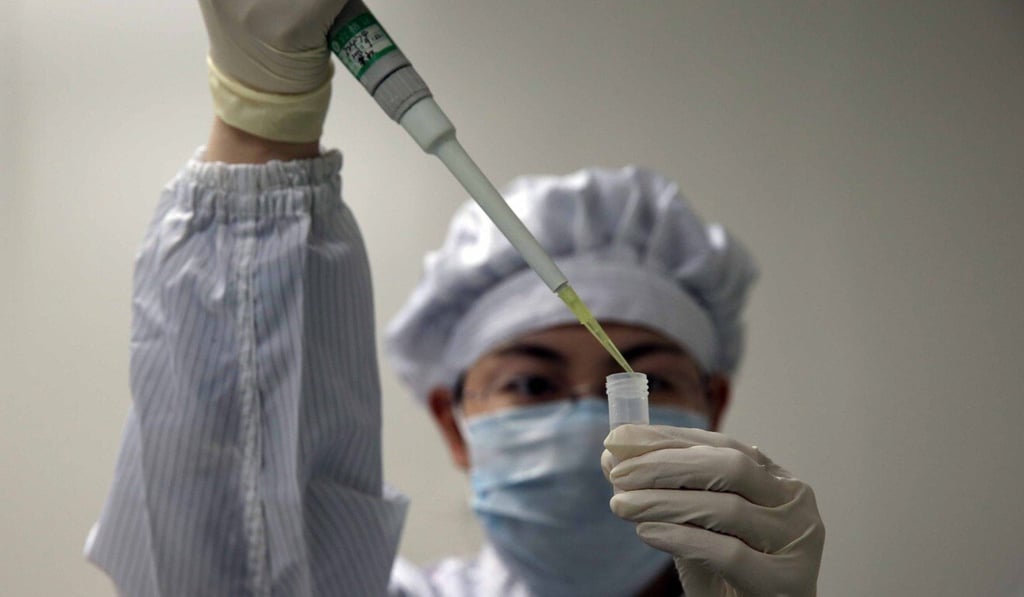Explainer | Coronavirus testing: how it works and where to get tested for Covid-19
- Two types of coronavirus tests are done in Hong Kong – an antigen test and an antibody test
- A PCR antigen test detects the sequence of the virus RNA and is highly accurate

In Hong Kong, it is recommended people call their doctors and get tested if they have symptoms of infection, they have travelled to regions with high infection rates, or they have had close contacts with someone infected.
- fever
- tiredness
- a dry cough
According to the World Health Organisation (WHO), some people may develop other symptoms such as:
- shortness of breath
- aches
- sore throat
- diarrhoea
- nausea
- a runny nose
Two types of tests are done in Hong Kong – an antigen test and an antibody test. While the antigen test detects the presence of the Sars-Cov-2 in your body, the antibody test detects your immunity response to the virus – if you were infected earlier, you would have developed antibodies to it.
The antigen test, also known as the polymerase chain reaction (PCR) test, detects the sequence of the virus RNA and is highly accurate.
Since Chinese scientists shared the genetic information about the virus globally in January, labs around the world can now identify the genes of the virus in patients’ samples.
